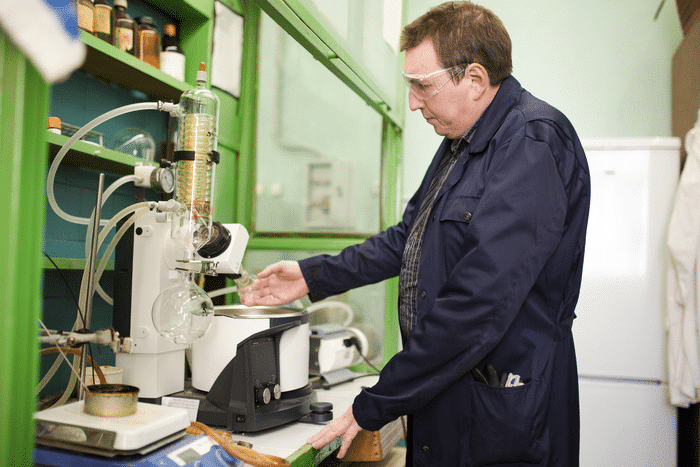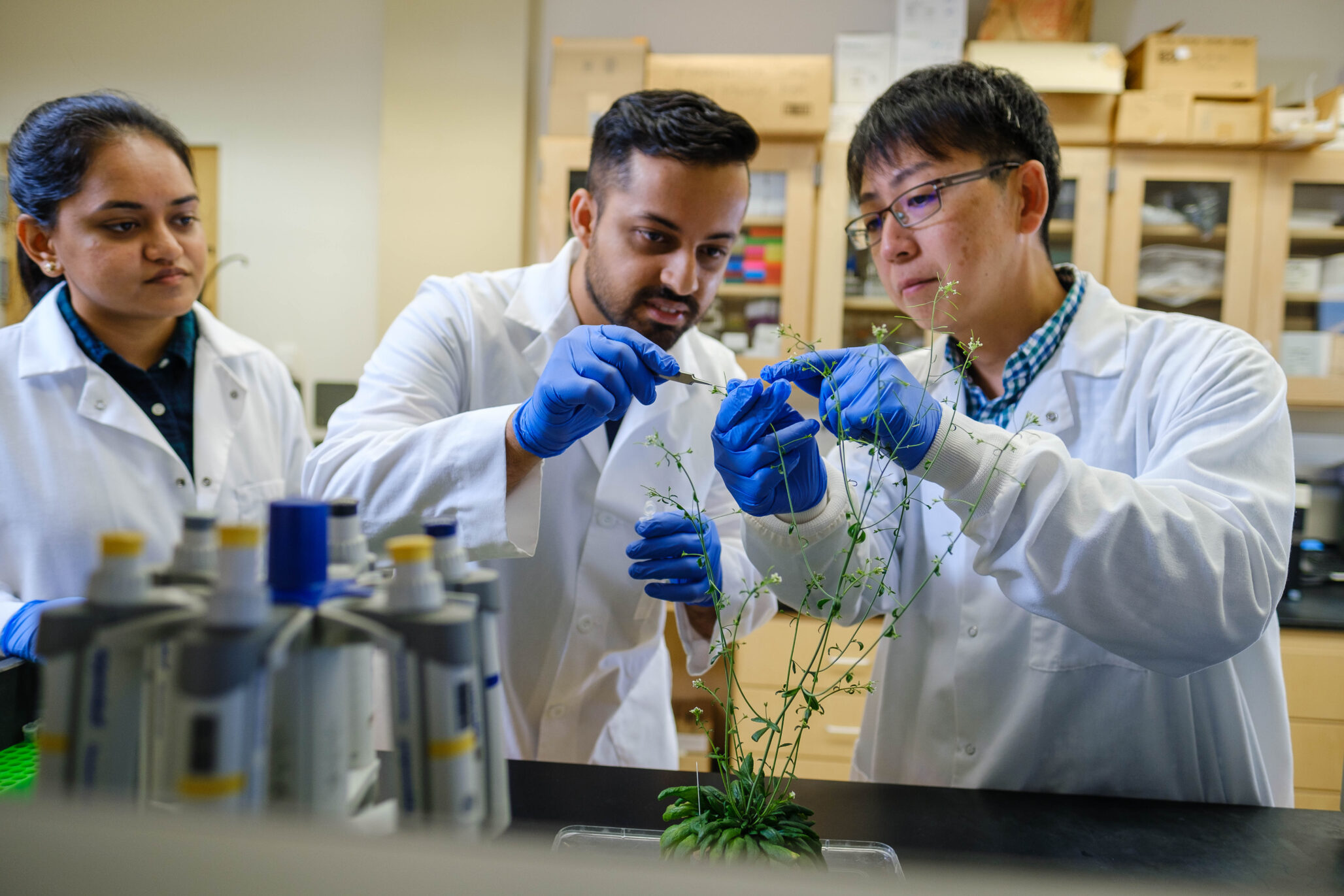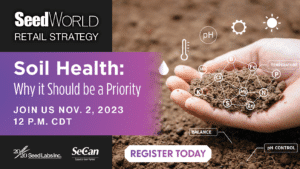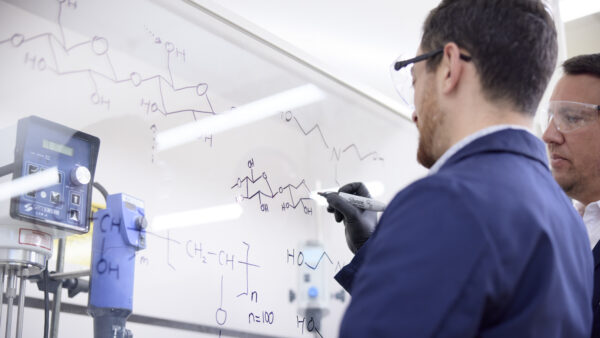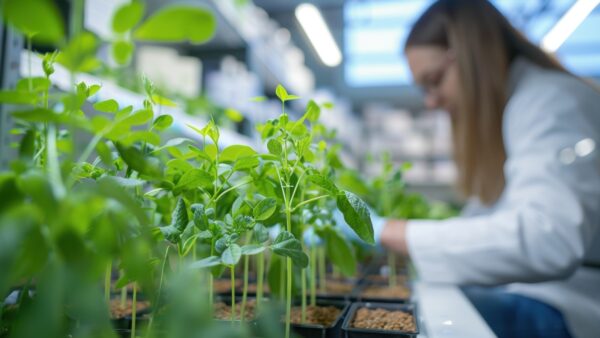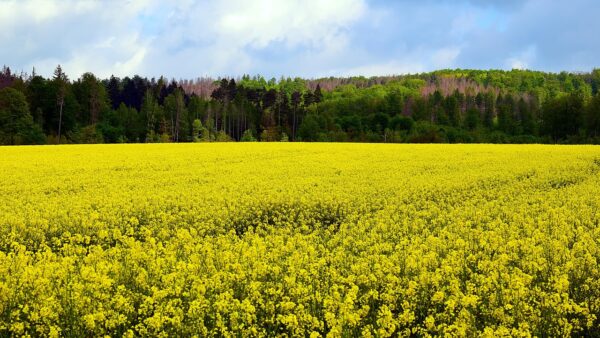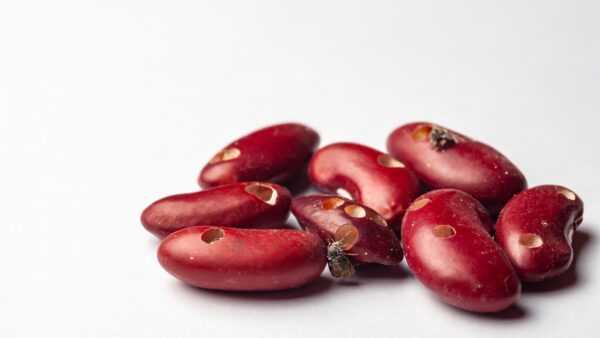A group of scientists from Russia, China and India learned how the substances that make up fruits and vegetables prevent the development of tumors, stop the formation of malignant neoplasms and suppress the process of cancer cell division.
To do this, they selected 30 compounds from vegetables and fruits and conducted a series of experiments: using computer modeling, they determined which one group of substances and how affect proteins in cells. The description of the compounds and the results of the research were published in the journal Scientific Reports.
“To create potent new drugs that will target only the tumor, it was necessary to determine how dietary compounds affect cell proteins in the prevention and treatment of cancer,” says Grigory Zyryanov, a leading researcher at Ural Federal University, professor of the Russian Academy of Sciences. “Therefore, by modeling molecular mechanisms, we figured out how substances bind to proteins. This allowed us to determine the pool of therapeutic targets that the drugs will subsequently target. For example, these are anti-apoptotic (prevent apoptosis) and pro-apoptotic (induce apoptosis) proteins, protein kinases, and others. But a key drug target is phosphatidylinositol-3-kinase. Exactly this enzyme influences mutations in cancer, rearrangement, and amplification of genes.”
Scientists have found that nine dietary scaffolds, such as silibinin, flavopiridol, oleandrin, ursolic, oleanolic, alpha and beta-boswellic acids, triterpenoid, and guggulsterone have shown potent anticancer properties by exhibiting inhibitory effects on different cancers. These dietary compounds and enzymes are found in non-starchy plants such as broccoli, cabbage, spinach, kale, cauliflower, carrots, lettuce, cucumber, tomato, leek, rutabaga and turnip. Natural alkaloids, monoterpenes, organosulfides, carotenoids, flavonoids, phenolic acids, stilbenes and isoflavones also contribute to the prevention and therapy of cancer.
For the treatment of specific types of cancer, individual natural substances or their combinations are needed, the scientists explain. For the treatment of specific types of cancer, individual natural substances or their combinations are needed, the scientists explain. For example, resveratrol (found in abundance in grape skins) or pterostilbene (found in blueberries) suppress stem cell metastases in breast cancer. Indole-3-carbinol (the main source is cabbage) has a wide spectrum of antitumor effects and protects cells in the breast, colon, cervical cancer, as well as in endometriosis.
“It is generally accepted in India and China that many medicines can be obtained directly from natural sources,” said Grigory Zyryanov. “We assumed that the foods we selected for the study had anti-cancer properties, but this needed to be verified. As a result, we found out that diseased cells stop development under the influence of certain combinations of food compounds.”
As a result, the researchers selected the most promising compounds for further study. The obtained results are the basis for the creation of new drugs with greater efficiency and targeted impact on cancer cells without side effects for the body.
“We have been looking for anticancer compounds with our Chinese and Indian colleagues for several years,” said Grigory Zyryanov. “Joint projects of our universities show good results. Further research will be more extensive and will allow studying the properties of other dietary compounds.”
The study involved chemists from the Ural Federal University (UrFU, Russia), the Institute of Organic Synthesis of the Ural Branch of the Russian Academy of Sciences (IOS UB RAS, Russia), Shantou University Medical College (China), and Sri Venkateswara University (India).


